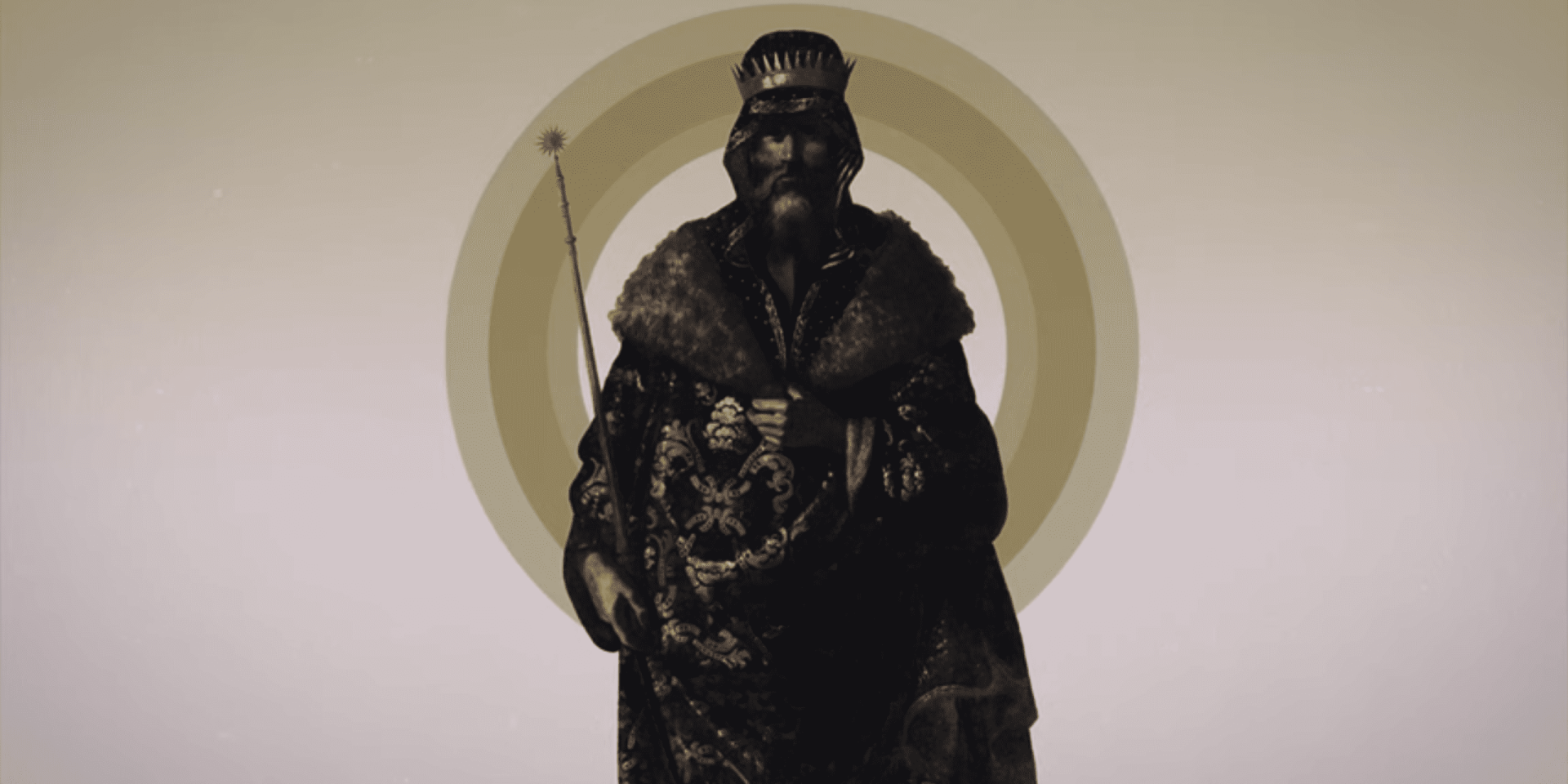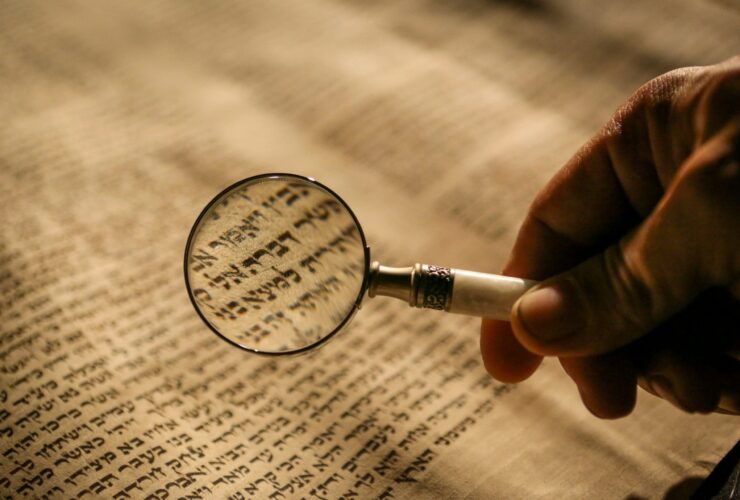We’re first introduced to Judah as the fourth son of Jacob and Leah, up until Judah’s birth, Leah had been hoping to earn Jacob’s favor by the birth of their sons, but Judah’s birth marks a shift for her, which her naming of Judah represents. His name means “praise” for this time, Genesis tells us, she accepted that God had loved her by blessing her, regardless of what her husband Jacob thought, this time she chose to praise the Lord.
Though Judah’s birth marked a positive change of character for his mother Leah, the next time we see Judah in Scripture, we realize that he too needs a change of character. In Genesis 37, it was Judah’s idea to sell his younger brother Joseph into slavery, this idea did save Joseph’s life of course, but the motivation for Judah seems to be revealed in his statement, “What will we gain if we kill our brother and cover up his blood?” Selling Joseph would keep the brothers from the guilt of murder, and they would even make some money. Not exactly a shining review of Judah’s righteousness.
Then we have the account of Judah and Tamar that serves to drive home for the reader Judah’s poor character and lack of righteousness. Genesis 38 begins by telling us that Judah left his brothers to go and start a family. This is telling us that Judah would now be the father, the patriarch, responsible for the economic, social, and moral wellbeing of this branch of his family. Given the amount of brothers that he had, it is not surprising that Judah moved out to start his own household, but what this is telling us is that Judah would now be the father, the patriarch that their society deemed the authority, the protector, and economic, social, and moral judge of this new branch of descendants of Abraham. A bit surprisingly, Judah marries a Canaanite woman, maybe the family had been turned off of marrying from their own clan back in Paddan Aram by their father, Jacob’s, bad experiences.
Now if we’re to see Judah in a dubious moral light here, with selling his own brother and marrying a Canaanite, the Bible clearly portrays his sons as wicked. He has three sons, Er, Onan, and Shelah. As the patriarch, Judah arranges Er’s marriage to a woman named Tamar, and we’re told without any detail, that Er was wicked and so God put him to death! Next, we see Judah doing what he should have done, to provide for Tamar, who was societally dependent on having a man in her life for her sustenance, Judah has his next son Onan, take Tamar into his household in Levirate marriage, the point of which is to provide a male son that would carry on Er’s name and inheritance, and secure a future of provision and protection for Tamar. But we know the story, Onan was also evil, and greedy, and God put him to death too.
“She is more righteous than I, since I did not give her to my son Shelah.”
Genesis 38:26
Now the depth of Judah’s poor character is then revealed, he makes a wrong judgment. He blames Tamar for the death of his sons, she’s clearly the problem, she’s evil, she’s cursed by God––Judah thinks––my sons are good men! Even though they’re clearly not. Judah then lies to Tamar and sends her away, a woman who is directly dependant on him for survival.
A long time later, after Judah’s wife dies, Judah visits a city nearby Tamar and she sees her opportunity. She veils herself like a prostitute and tricks Judah not only into sleeping with her, but in giving her his very items of authority, his seal, cord, and staff. His signet seal may have been a gem or cylinder, but it was his authoritative signature, whoever had it carried his authority, the cord may refer to how the seal was carried, and the staff was likely carried by Judah as a sign of his authority as well, marking him as the patriarch of the family. Tamar, the most vulnerable member of Judah’s household, tricked him into giving her his authority. Judah was willing to trade his authority for lust, and Tamar was forcing Judah to provide for her, which was his duty in the first place.
When word gets back to him that Tamar is found pregnant Judah has no problem exercising his authority to condemn her to death. He wouldn’t save her, but he has no problem killing her. Then, Tamar’s wisdom is revealed, she presents the seal, cord, and staff. By her deception, Tamar has saved Judah the guilt of her destitution. His foolishness in giving his authority to whom he thought was a prostitute is publicly revealed, as is his failure to provide for Tamar, these revelations lead Judah to a character changing moment, and he declares “She is more righteous than I, since I did not give her to my son Shelah.” (Genesis 38:26)
The next time we see Judah is in Genesis 43 when he takes personal responsibility for the safety of Benjamin on the journey to Egypt, Judah leads the delegation of Jacob’s sons back to Egypt. He acts as their spokesperson to Joseph and refuses to allow Benjamin to become a slave to Joseph, offering himself as slave in Benjamin’s place. Judah is now a man who takes his responsibilities seriously and acts righteously. And upon the entire family’s return to Egypt, it is Judah whom Jacob sends ahead of them (Genesis 46:28), he has become the leader of the family. Rather than us believing he was always equal to the task, the Bible Biblical author chose to record his character development, showing how God had taken a wicked leader, and turned him into a righteous one. An important point for the man who founded the tribe that the future kings of the nation would come from.

Corie Bobechko is a daily co-host, speaker, and writer of Bible Discovery. She also hosts a YouTube channel that shows how history and archaeology prove the Bible. Her heart for seekers and skeptics has led her to seek truth and share it with others. Corie also has a Bachelor of Theology from Canada Christian College.






